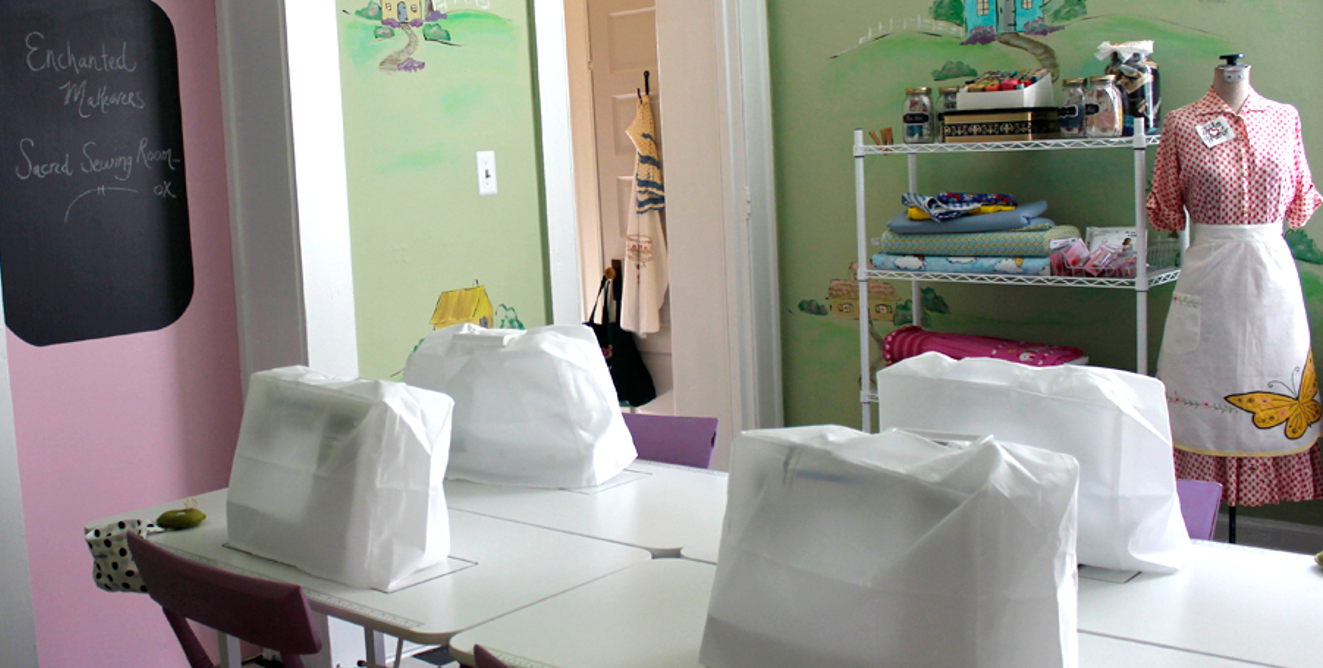
The Learning Center at Third Street Alliance has always focused on the whole child and the changing needs of our students and families.
That’s why when students came back from the shutdown period and teachers noticed significant changes in some of our students — escalation of negative behaviors, more frequent and longer-lasting emotional outbursts, and anxiety— the teachers grew concerned. As the school year continued, it became apparent that additional supports and interventions were needed for the teachers, parents, and students to respond to the challenges some students were experiencing.
The Learning Center began its new Behavioral Health Initiative this spring. It’s a pilot program to help our students overcome the uncertainty and emotional challenges brought on by the COVID-19 pandemic and other stresses that may be occurring in their lives. The Learning Center welcomed Early Learning Behavioral Specialist, Shelly Petro, MSW, to help lead the program.
Since starting at Third Street Alliance in March, Shelly has become a regular face in the classrooms, getting to know the students and providing guidance and supports to teachers.
“One thing I really love about this job is that I’m working with teachers who really know and care about their students,” Shelly said.

Conferences and classroom observation have allowed Shelly and the teachers to come up with protocols and strategies to help the students deal with stress or things that may be bothering them to the point of causing negative behaviors. Stress in children can manifest in many ways, such as being quiet and not responding, being verbally or physically aggressive, and inability to focus and follow directions.
“Adults are more capable of voicing their stress or why they feel a certain way. Children don’t normally understand what stress is,” Shelly said. “They are feeling this big feeling and it’s so big they don’t know how to express it, so it can come out in different ways. Anger is often anxiety’s first outlet when it comes to kids.”
When a student does get upset, Shelly has been able to help the students take a break from the classroom by going to the sensory room, allowing the student to play with putty, stress balls or draw, and engage with the student in conversation.
“I like to get on their level, speak softly and hear them. I want them to see that I’m listening to what they are saying and that I care about what they are saying and how they are feeling,” she said. “Depending upon the situation, I’ll ask them questions and see if we can find a common ground where if they feel the same big feeling again, they can learn the tools to handle it in a different way.”

Working with parents is also a big part of Shelly’s role. She wants parents to know that they are supported and that they are key in working on behavioral issues with their children. Shelly will also be able to bridge gaps for parents and any services that may be needed for their child.
“One of my biggest beliefs is that parents are experts on their own children,” Shelly said. “I want our parents to know that they are just as important in the process as any professional.”
Other aspects of the pilot program include outfitting each classroom with the materials needed to help students calm down when they feel big emotions. Those items can include fidget toys, breathing balls, novel items for gross motor skills, and other social-emotional tools.



